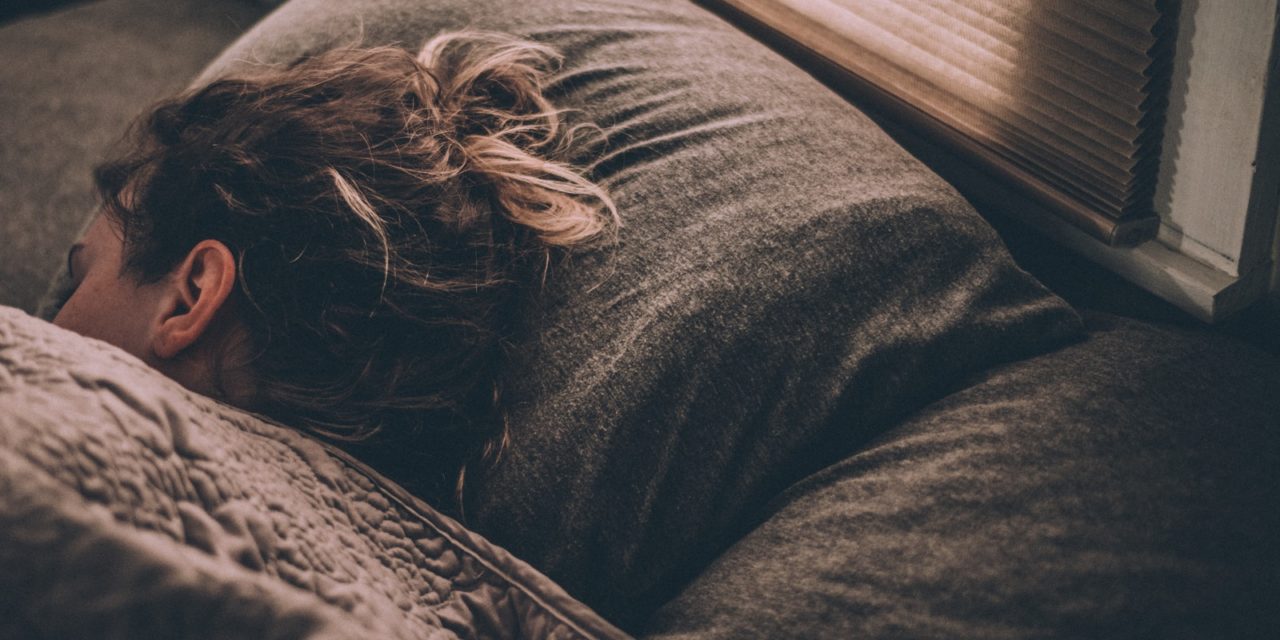Poor sleep can cause stroke according to David H. Stone M.D., a Dartmouth-Hitchcock Medical Center vascular surgeon and member of Society for Vascular Surgery.
“Research says less than six hours a night increases the risk of stroke symptoms four-fold among middle-age to older adults who had a normal weight and low risk for obstructive sleep apnea,”Dr. Stone. “Lack of sleep increases inflammation, blood pressure and the release of certain hormones, which create a greater stress response that increases stroke risk.”
Tips for a restful night
* Get a comfortable, firm bed for spine and body support and ease of movement. A heated waterbed or airbed is a good option for people with chronic pain. For cool or damp nights, an electric blanket or pad on low heat can also be useful.
* Temperatures higher than 75 degrees or less than 54 disrupt sleep. Research suggests that cooler rooms are preferred over hotter ones. If you need to sleep better, a humidifier or vaporizer is recommended. Clear space around the bed and only place necessary items on a nightstand.
* Refrain from stimulants like cigarettes, diet pills and caffeine.
* Avoid electronic devices an hour before you go to bed — they disrupt sleep rhythms.
* Avoid diuretics before bedtime. If your doctor has not told you to increase fluids, decrease them before going to bed. Consuming food before you go to sleep is not recommended. A glass of warm milk before you go to bed is okay.
* To wind down, read a chapter of a book, or take a warm bath. Try distractions to fall asleep. Try relaxation tapes or counting backwards.
* Go to bed and get up at the same time daily. Afternoon napping is allowed, but only after dinner.
* Get outside on sunny days to regulate your body’s internal clock. You can exercise during the day, but not before going to bed.
* Reset your sleep clock. To get to sleep at the right hour, start going to bed an hour earlier than usual each day.
The Society for Vascular Surgery has more information about your vascular health. Visit their website at www.VascularWeb.org.












